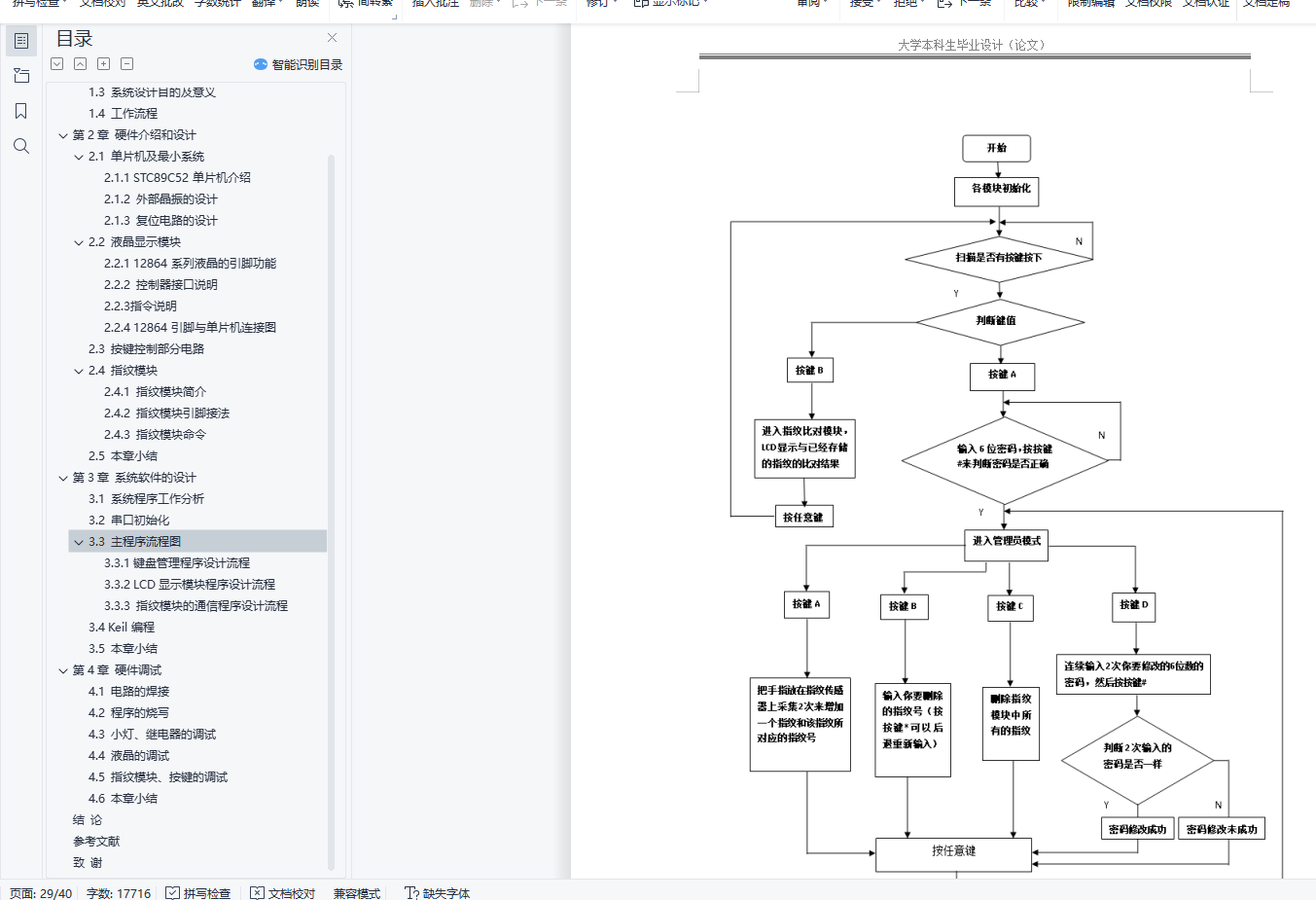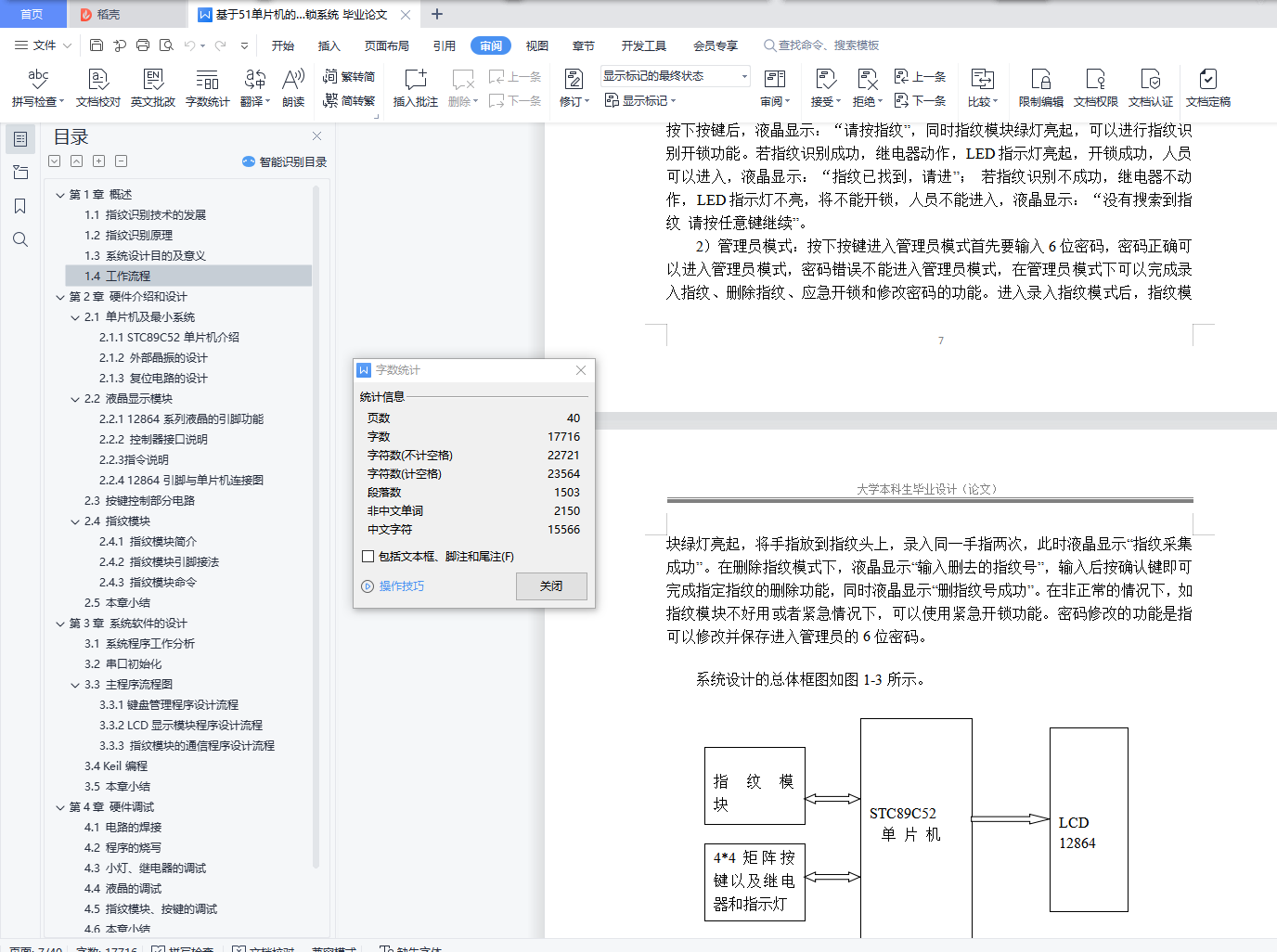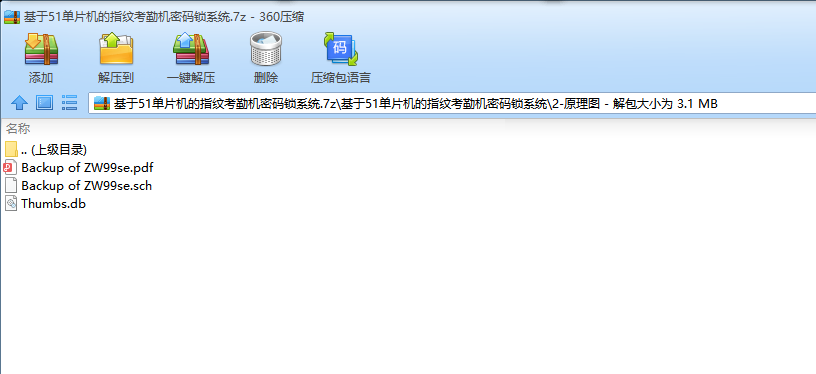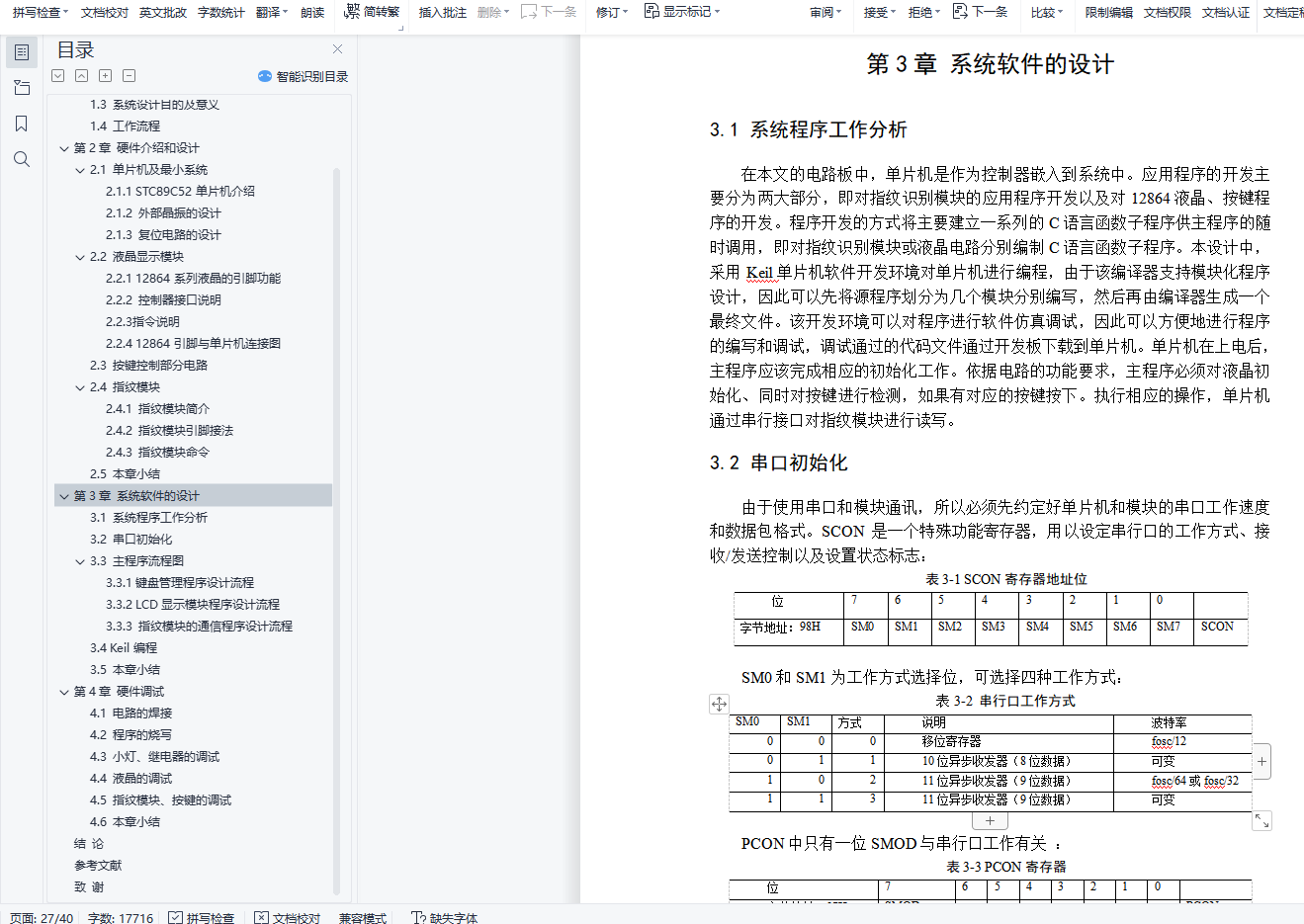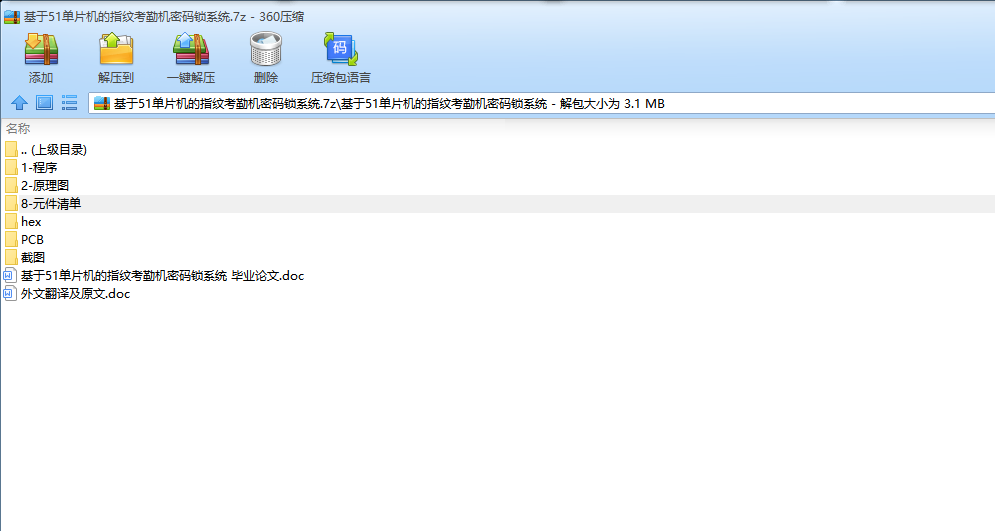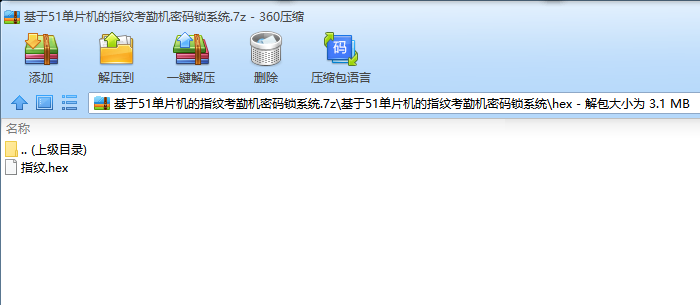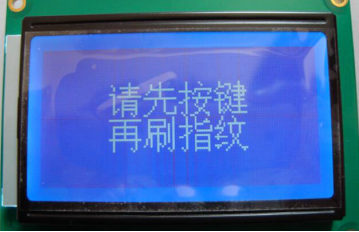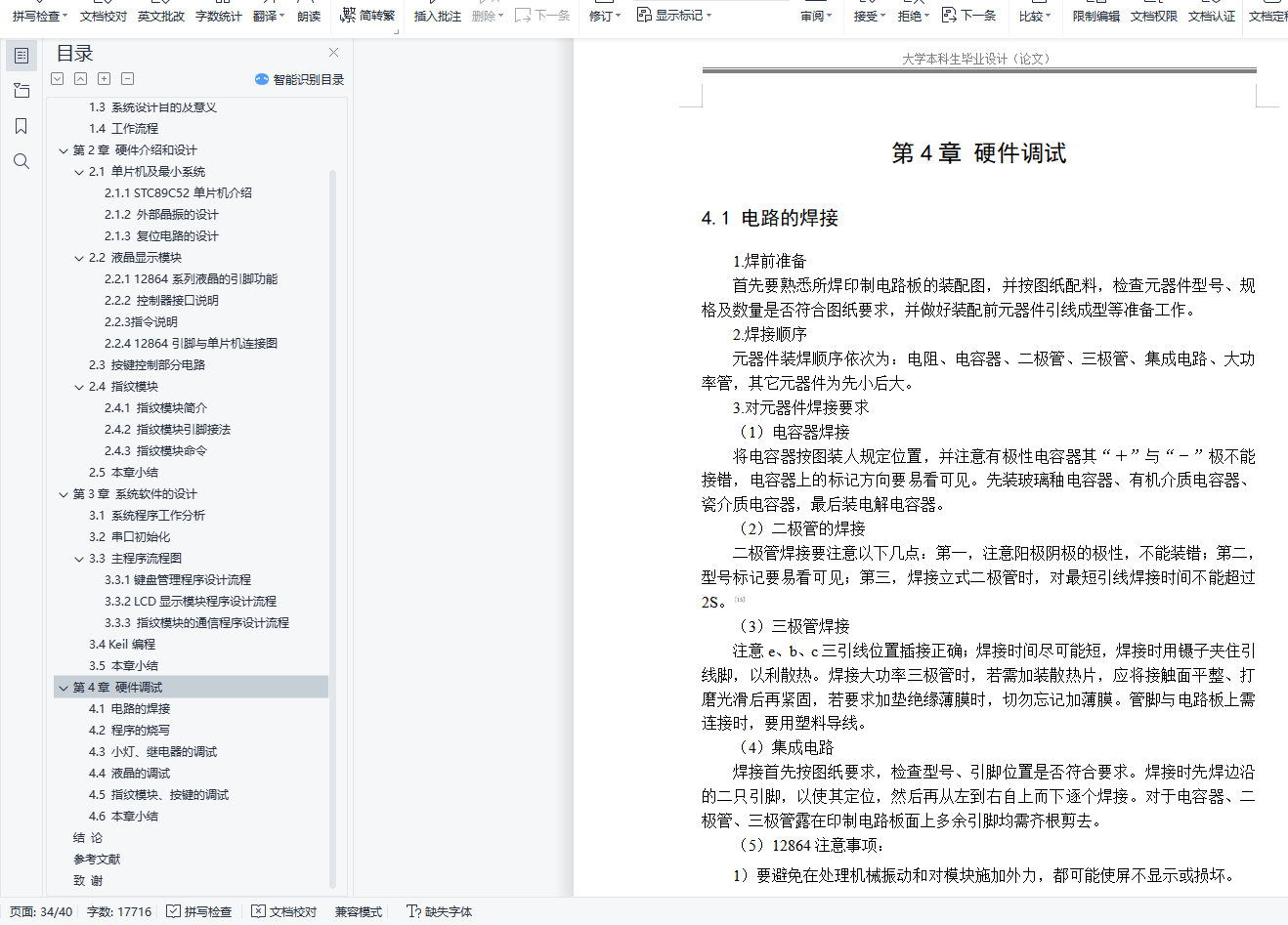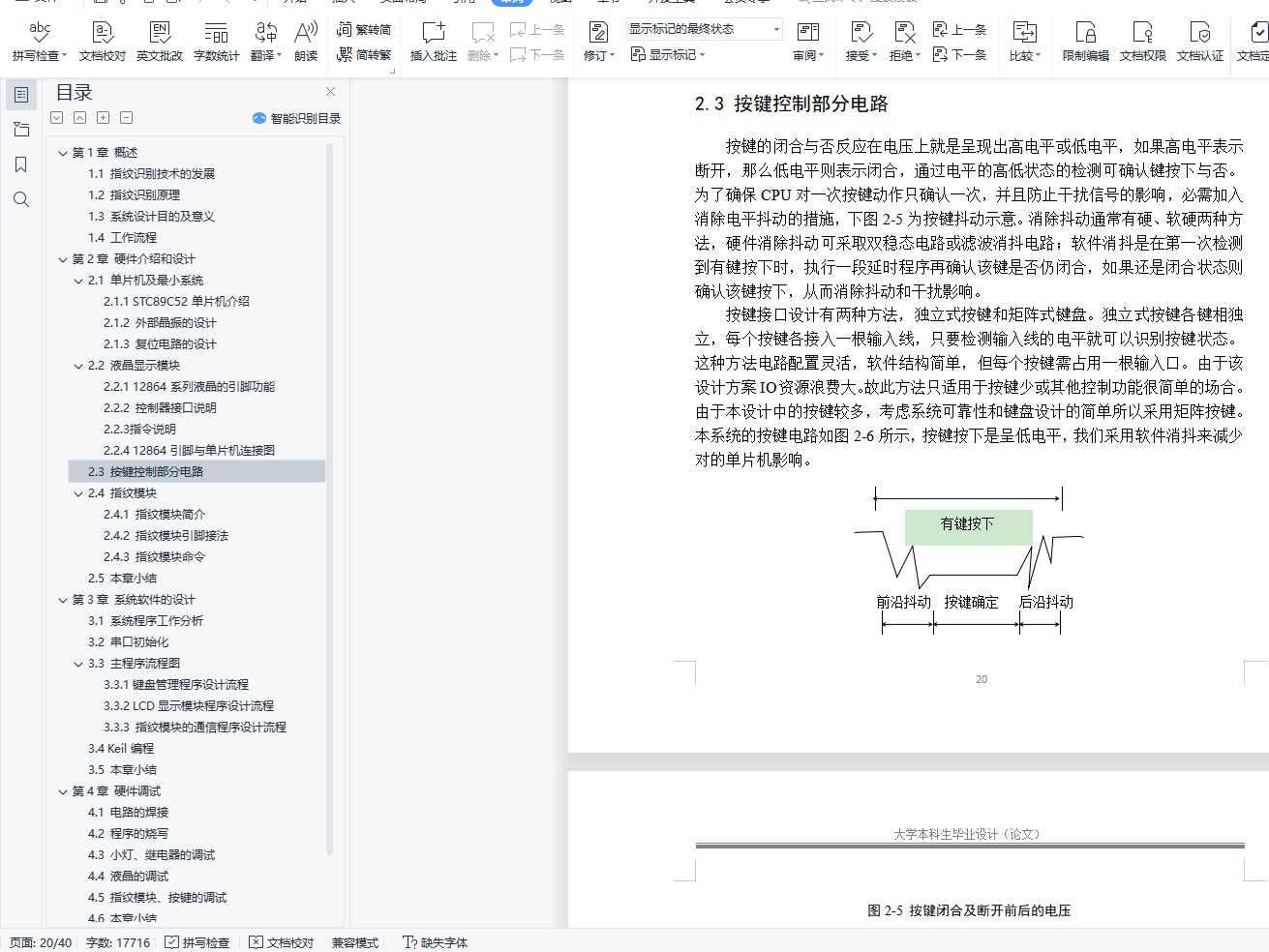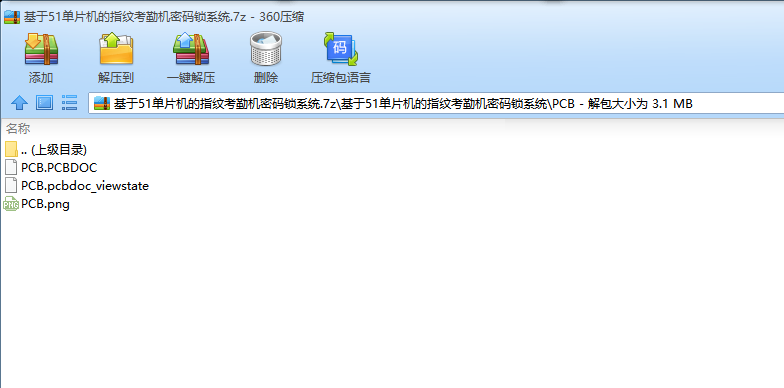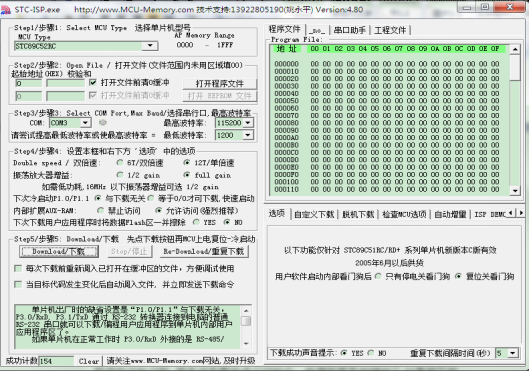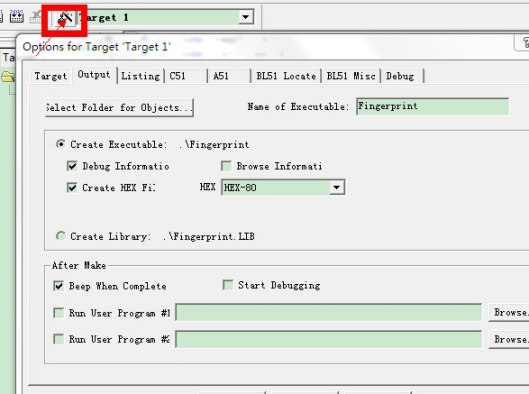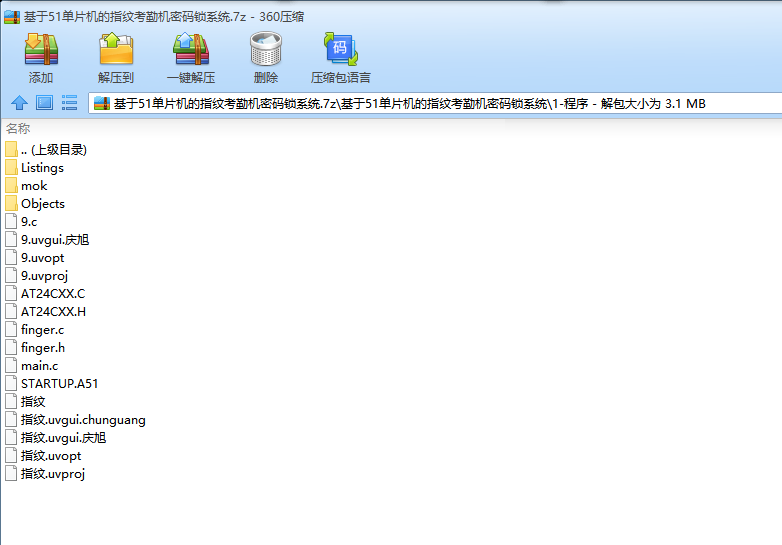摘 要
近年来,指纹识别技术在国内外发展很快,由于其良好的安全性目前该技术已被广泛应用于生活和工作中。随着成本的下降,指纹识别技术呈现全面推广和普遍应用的趋势。
指纹识别技术是目前国际公认的应用广泛、价格低廉、易用性高的生物人证技术。指纹只是人体皮肤的一小部分,但是它却蕴涵了大量的信息。皮肤的纹路在图案断点交叉点是个不相同的。医学上已经证明这些特征对于每个手指都是不同的,而且这些特征具有唯一性和永久性。因此我们就可以把一个人同他的指纹对应起来,通过比较他的指纹特征和预先保存的指纹特征,就可以验证他的真实身份。
本设计开发了一款基于单片机的指纹识别电子密码锁系统。该系统以STC89C52单片机作为模块核心,通过串口通信控制ZFM-60指纹模块实现录取指纹并存储指纹数据,并通过HS12864-15C液晶显示比对流程及比对结果,辅以直流继电器与发光二极管模拟开锁的动作。本系统具有体积小、性价比高、传输速度快、适合家庭及单位使用。
关键词:单片机;指纹识别;液晶屏
ABSTRACT
In recent years, fingerprint identification technology has developed rapidly in China and abroad, because of its good security now that the technology has been widely used in daily life and work. With the decline in the cost of the fingerprint recognition technology and the comprehensive promotion and general trends should be.
Fingerprint recognition technology is a technology of biology-authentication widely used and legalized in international today because of its low-price and finer application. Fingerprint just is a small part of the skin, but it contains a great deal of information .The veins of the skin are different in pattern and cross point and break point. Medicine has proven that these characteristics are different for each finger and these characteristics are unique and permanent. So we can put a person's fingerprints correspond with him by comparing his fingerprint characteristics and pre-stored fingerprint features, you can verify his true identity.
The system design of fingerprint recognition electron password lock based on Single-chip microprocessor is developed in the thesis. The system STC89C52 MCU as the core module, through the serial communication control ZFM-60 fingerprint module for taking fingerprints and store fingerprint data and liquid crystal display by HS12864-15C ratio than on the processes and results, supported by simulation of DC relays and LEDs unlock action. The system is small, cost-effective, and fast and suitable for families and units.
Key Words:Single-chip microprocessor; fingerprint detection; LCD
目录
第1章 概述
1.1 指纹识别技术的发展
1.2 指纹识别原理
1.3 系统设计目的及意义
1.4 工作流程
第2章 硬件介绍和设计
2.1 单片机及最小系统
2.1.1 STC89C52单片机介绍
2.1.2 外部晶振的设计
2.1.3 复位电路的设计
2.2 液晶显示模块
2.2.1 12864系列液晶的引脚功能
2.2.2 控制器接口说明
2.2.3 指令说明
2.2.4 12864引脚与单片机连接图
2.3 按键控制部分电路
2.4 指纹模块
2.4.1 指纹模块简介
2.4.2 指纹模块引脚接法
2.4.3 指纹模块命令
2.5 本章小结
第3章 系统软件的设计
3.1 系统程序工作分析
3.2 串口初始化
3.3 主程序流程图
3.3.1键盘管理程序设计流程
3.3.2 LCD显示模块程序设计流程
3.3.3 指纹模块的通信程序设计流程
3.4 Keil编程
3.5 本章小结
第4章 硬件调试
4.1 电路的焊接
4.2 程序的烧写
4.3 小灯、继电器的调试
4.4 液晶的调试
4.5 指纹模块、按键的调试
4.6 本章小结
结 论
参考文献
致 谢
